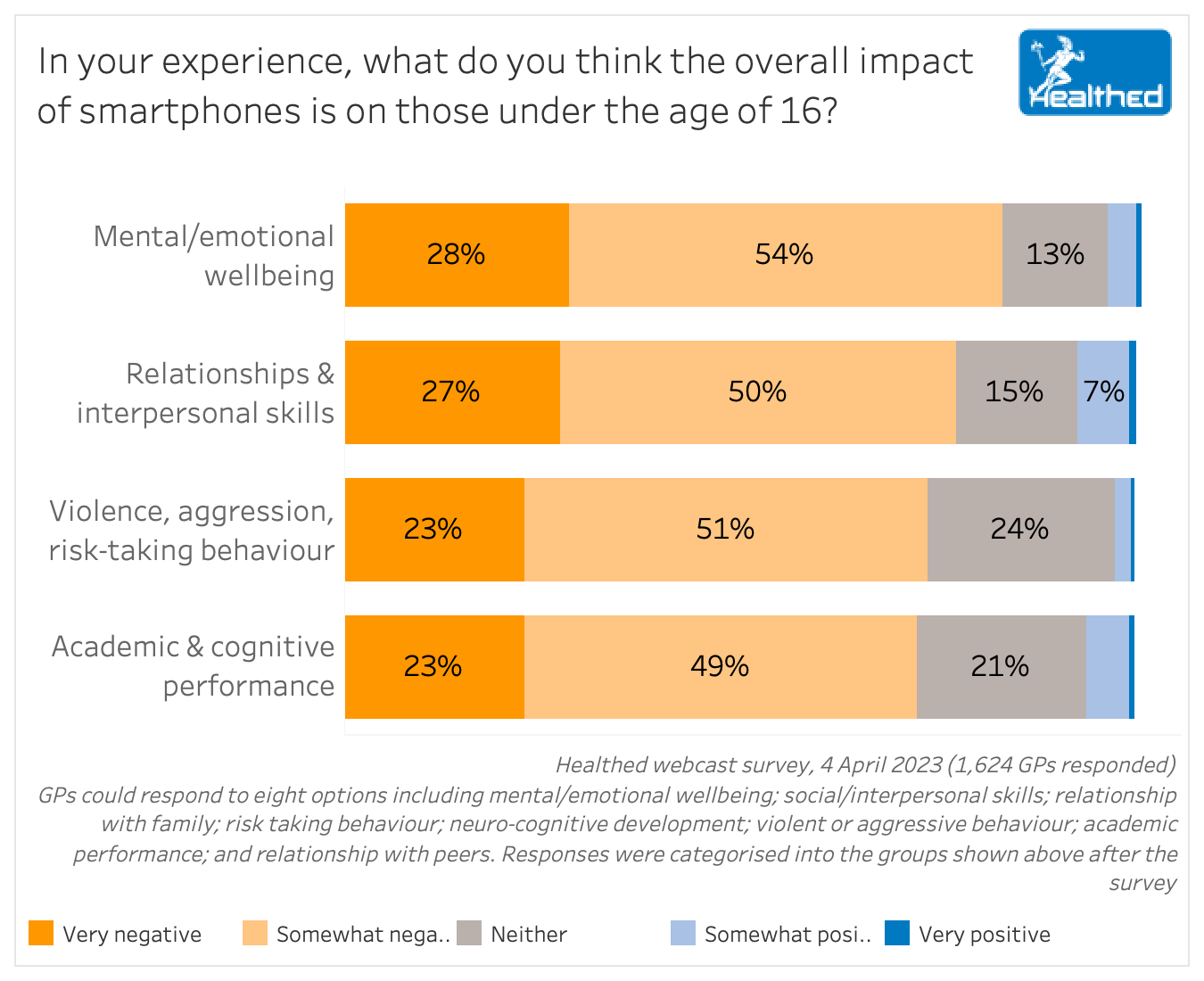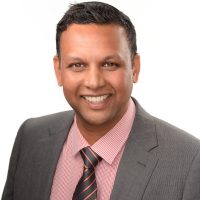Articles / GPs weigh in on school smart phone bans

As of Monday, mobile phones are officially banned from all New South Wales public high schools — with national Healthed survey data suggesting GPs overwhelmingly support the move.
More than three quarters of GPs surveyed earlier this year (77%) said they support banning mobile phones from schools, with many citing detrimental impacts on young minds across a range of domains, from mental and emotional wellbeing and social skills to academic performance.

The ban in NSW applies in class, recess and lunchtime — though there will be exceptions “for educational purposes, or as part of a reasonable adjustment for student learning and wellbeing – such as monitoring blood sugar levels for students with diabetes.”
Meanwhile, Queensland is banning mobile phones and smart watches from all state schools next year, and the ACT is considering a ban. Public high schools in Victoria, South Australia, Western Australia and the Northern Territory already have bans in place, while globally, one in four countries have banned mobiles in schools.
In Healthed’s survey, more than 80% of GPs believed smartphones negatively impact young people — with one third saying they have a “very negative” impact on interpersonal skills.
The majority also noted negative impacts on academic and cognitive performance, risk taking behaviours, family relationships and more.

GPs are in good company supporting the ban on mobiles in schools. In July, the United Nations Educational, Scientific and Cultural Organisation (UNESCO) released a report advocating against mobile phones in schools except in certain circumstances designed specifically for learning.
THE UNESCO report cites:

Multiple Sclerosis vs Antibody Disease – What GPs Need to Know

Using SGLT2 to Reduce Cardiovascular Death in T2D – Important Updates for GPs

Menopause and MHT: Maximising Benefits & Minimising Risks

Peripheral Arterial Disease

Yes
No
Listen to expert interviews.
Click to open in a new tab
Browse the latest articles from Healthed.
Once you confirm you’ve read this article you can complete a Patient Case Review to earn 0.5 hours CPD in the Reviewing Performance (RP) category.
Select ‘Confirm & learn‘ when you have read this article in its entirety and you will be taken to begin your Patient Case Review.
Menopause and MHT
Multiple sclerosis vs antibody disease
Using SGLT2 to reduce cardiovascular death in T2D
Peripheral arterial disease
